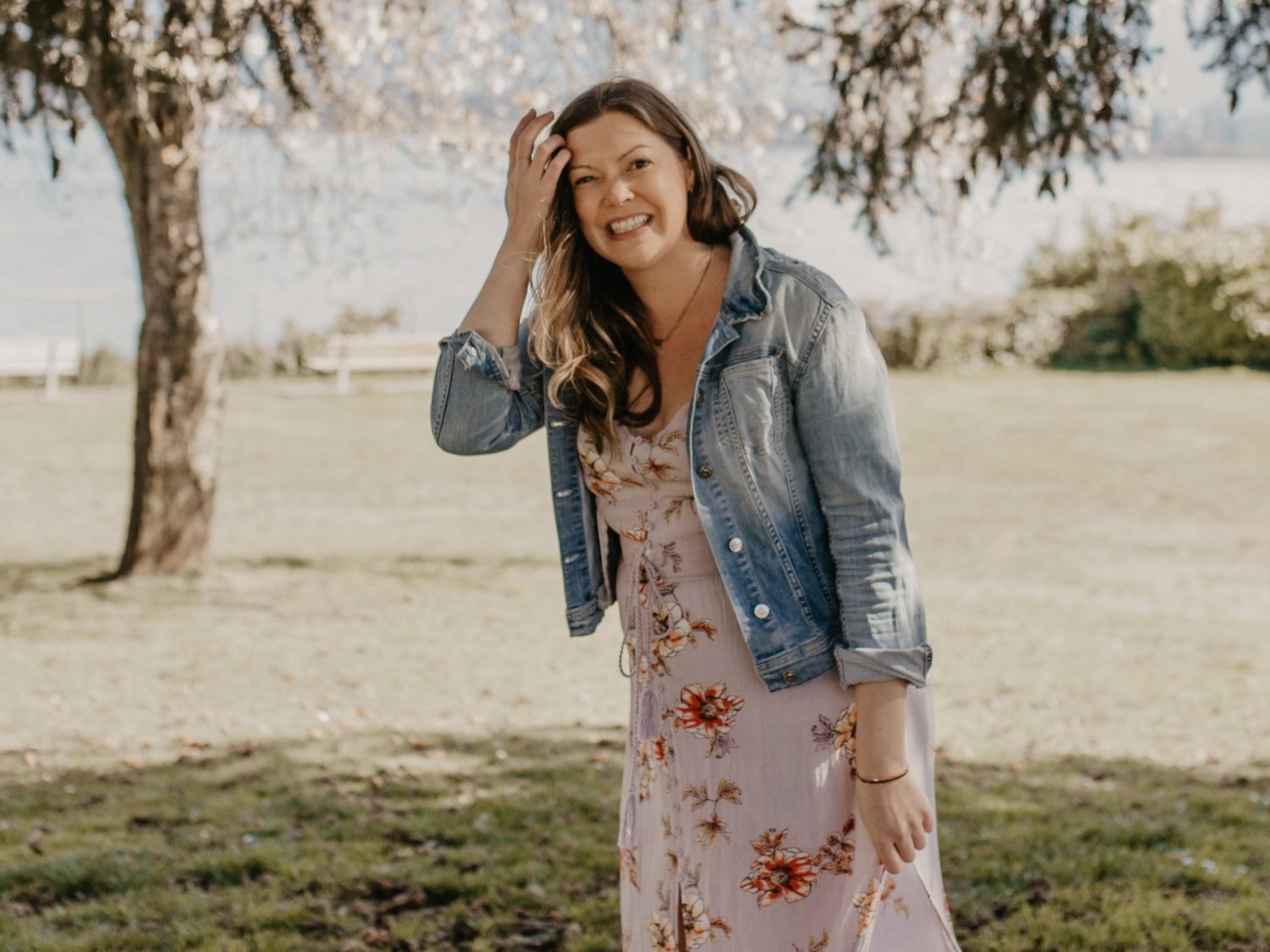How to Make Your Event More Accessible
Events are a great way to bring people together. Hosting an event where everyone feels welcomed and comfortable takes some thoughtful planning but the output is worth the effort. From the event design through to the activation, here are some tips to making your event more accessible.
8 recommendations for creating an accessible event.
Plan for Accessibility
When planning your event, ensure the venue you have selected is wheelchair accessible. Explicitly ask if they have a wheelchair ramp. If you are building a structure, ensure that you have built-in ramps that are wheelchair accessible. Note this may require that you secure additional space to accommodate the ramp. When doing your site check, if your location isn’t at ground level, look for elevators and consider what signage will be required to help guide guests to your event.
This also includes consideration of accessibility into any structural builds. For example, if you plan to have an iPad on site, ensure that you have one that is accessible to people who may not be able to reach it at a high-top counter or that it has voice commands for visually impaired people.
Know the emergency evacuation procedures for all individuals including people with low mobility or any other disability that may alter emergency procedures.
Also, when planning your event, ensure the venue has diverse physical needs accessible parking.
Event Accessibility Check-List
Tape down cords to ensure there are no tripping hazards
Provide some seating for people who require a rest or can’t stand for long periods of time
Have reserved seating (if required) for seniors or people who require a seat
Ensure you have spaces reserved for those attending using mobility devices and/or service dogs
Put materials within easy reach for those utilizing mobility aids
Add audio learning cues
Provide Translation of Materials
Consider having information in a variety of languages. Hiring diverse staff who can speak two or more languages can help remove communication barriers but having information in language as a print or digital takeaway will make your brand more accessible. Use simple plain text.
Provide Wheelchair Accessible Washrooms
Ensure there are wheelchair-accessible washrooms for your guests. For rented spaces, consider printing temporary signage to clearly mark the washrooms.
Provide Interpretive Services
Consider your audience and whether you will need language translation. If needed, provide real-time captioning. Ensure the site has the technology to support this. Give as much notice as possible. If you’re using an ASL interpreter, allow at least two weeks ahead of your event to arrange for the service. Position sign language interpreters in an unobstructed and clearly visible location.
Serving Food
Consider how your food is being served at your event. Have staff watch for guests who could use extra help porting the food to the tables or consider having their food served to them at the table. Provide water and support pouring if needed. Clearly label food to help provide guidance for any dietary restrictions.
Accessible Audio
Adding amplification can help people who are hearing impaired to enjoy any speakers or audio content. Use closed captions for presentations. For presentations, if there are visuals, use descriptive words to explain what is in the imagery.
Test the audio to ensure there are no acoustical issues with the venue.
Accessible Visuals
Use high-contrast colours to help make the text easier to read. For example, if people are going to want to take notes, don’t use light colours on a white background as it’s hard to read.
Lighting
Check the lighting at the venue. Shadows or glare create difficulties for those who are visually impaired. Lighting helps people who are deaf or hard of hearing read lips or use sign language. Work with your AV technician to ensure lighting is optimal for people with hearing and visual impairments.
It takes thoughtful consideration to ensure your event is as accessible as possible. As we work together to make this world a safer, kinder place for all, consider referencing this list next time you are planning an event.
Or if you’d like some assistance, give us a shout. We’re happy to help.
About KindCo
KindCo is a Vancouver-based brand engagement consultancy that specializes in employee engagement and corporate events. We bring people together through the art of gathering.
Founder, Nikki Hedstrom, has over 15 years experience as a brand engagement and event specialist.

